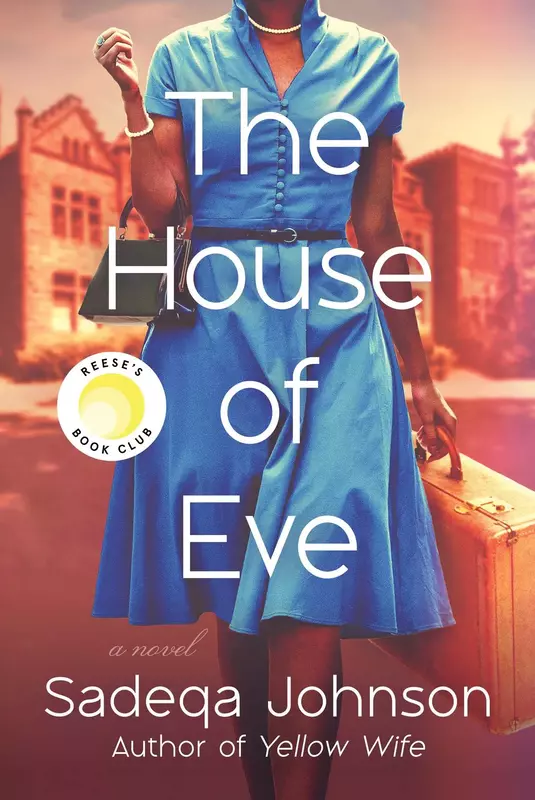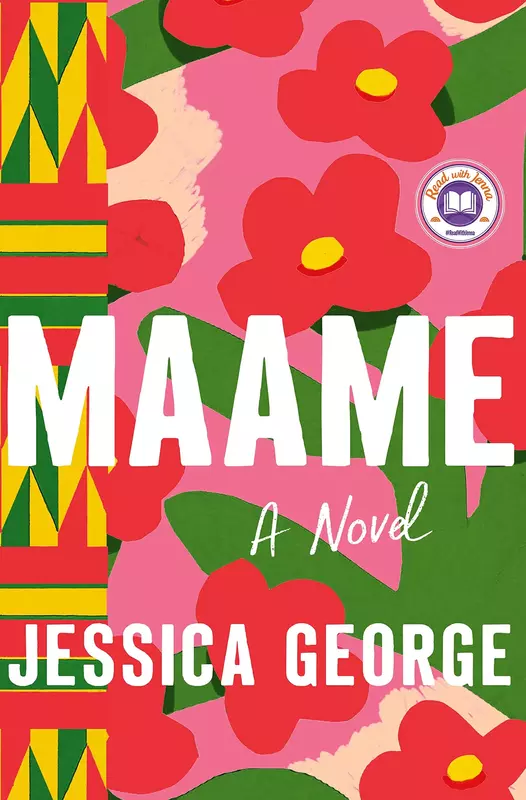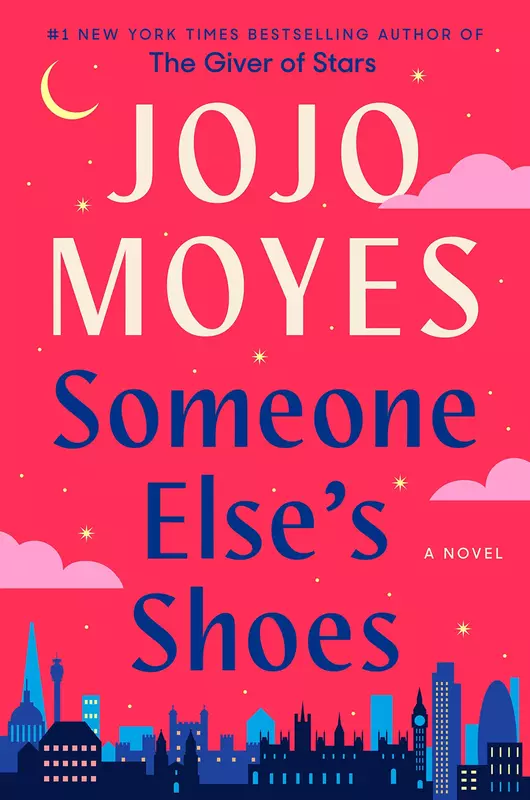This post may contain affiliate links. Read more here.
Book club questions for The Snow Hare explore the themes of love, loss, and hope in the face of impossible odds. Paula Lichtarowicz’s novel tells the story of Lena, a woman who has lived a long life on a farm in Wales, but as she nears the end of her life, buried memories of her childhood in Poland resurface.
The book explores Lena’s memories of the war, her experiences in the Soviet work camps of Siberia, and her struggle to come to terms with the choices she made in the past. In what ways do Lena’s memories of the war shape her character, and how do they impact her relationships with those closest to her? How does the novel illustrate the resilience of the human spirit, and what role does hope play in Lena’s journey?
The book is a poignant exploration of motherhood, marriage, and the consequences of our choices. Lena’s story is one of enduring love, impossible odds, and the power of hope in the face of darkness. Paula Lichtarowicz’s writing style has been described as ‘riveting and heartfelt’, with vivid descriptions that transport readers to another time and place.
Before joining the book club discussion for The Snow Hare, make sure to read this beautifully crafted novel that will leave you questioning what you would do in the same circumstances. Be prepared to delve into Lena’s journey, the choices she makes, and the consequences that follow. Share your own interpretations and opinions in this thought-provoking book club session, where we explore the themes of love, hope, and the resilience of the human spirit.
The Synopsis
In this “riveting, heartfelt” novel of love and consequences, a woman dreams of becoming a doctor until World War II leads her instead into an astonishing love—and a fateful choice.
Is it possible to fall in love at the edge of life?
Lena has lived a long, quiet life on her farm in Wales, alongside her husband and child. But as her end approaches, buried memories begin to return. Of her childhood in Poland, and her passion for science. Of the early days of her marriage, reluctant wife to an army officer. Of the birth of her daughter, whose arrival changed everything.
Memories less welcome return, too. Her Polish village, transformed overnight by the Soviets, and the war that doomed her entire family to the frigid work camps of the Siberian tundra. And buried in that blinding snow, amongst the darkness of survival, the most haunting memory of all: that of an extraordinary new love.
Exploring motherhood, marriage, consequences, and our incredible human capacity for hope, The Snow Hare is the story of a woman who dares to love and to dream in the face of impossible odds, and of the peace we each must make with our choices, even long after the years have gone by.
In love with literature? Try audio books or writing classes
for free for 30 days.✨
Selected Reviews for The Snow Hare
“There is much to admire in Paula Lichtarowicz’s novel The Snow Hare: the crisp and vivid prose, the lively portrayal of family dynamics, the taut pacing and tension, the skilful conveying of historical context. From the very beginning, I knew I was in the hands of an expert storyteller. I especially loved the character of Lena. Spirited and stubborn, fierce and flawed, she carried the story from the villages and mountains of Poland, to the brutal labour camp on the Siberian steppe, to her final days in England. The Snow Hare is an excellent novel, and I relished every page.” ―Melissa Fu, author of Peach Blossom Spring
“Lichtarowicz is a writer of great talent, with the ability to portray hardship and grief shot through with humour and hope. The gorgeous prose, compelling storyline, and emotional depth ensure that The Snow Hare remains in the reader’s mind long after the last page. I can’t wait to read her other books.”―Frances Liardet, New York Times bestselling author of We Must Be Brave
“Lichtarowicz delivers a dramatic story of a Polish woman’s coming-of-age during WWII. . . . The gripping narrative of Lena’s wartime experiences contrasts bleak deprivation and suffering with sumptuous scenes of familial affection and the ache of true love. This will transport readers.”―Publishers Weekly (starred review)
“Love and loss, and courage and compassion, collide in this brilliantly told story of survival against the odds. Based on the true story of her grandmother, Paula Lichtarowicz’s exquisite novel takes readers on a family journey full of passion, longing, regret, and eventual acceptance of choices made a lifetime ago. In these riveting, heartfelt, and brutally honest pages, Lena keeps a lifetime of secrets and dreams from her loved ones, but never allows them to stop her from loving in return.”―Heather Morris, New York Times bestselling author of The Tattooist of Auschwitz
Book Club Questions for The Snow Hare
Spoiler alert: my book club questions contain spoilers, so make sure to discuss them after you’ve finished reading.
- THE SNOW HARE draws on the author’s own family history as a source of inspiration. How does this knowledge change your perception of the novel and its themes? What are the implications of drawing on personal experiences and histories as a source of artistic inspiration? Are there similar stories in your own family that have shaped your understanding of history and the human experience?
- Lena’s character development is a crucial aspect of the novel. How does the author use Lena’s experiences and actions to convey a deeper message about the human condition? What does Lena’s likability, or lack thereof, say about our own subjective views of humanity? In what ways has Lena evolved and changed from her childhood days in Poland to her current state in the story’s present time frame?
- The title of the novel and the scene on page 281 are emblematic of the author’s use of symbolism throughout the story. What does the snow hare represent in Lena’s mind, and how does this symbol resonate with the broader themes of the novel? How does the author use imagery and symbolism to convey deeper meanings and messages in the story?
- THE SNOW HARE delves into the notion of how our past memories can linger on and impact us in the present. What are the underlying psychological and emotional factors that cause Lena to see the little girl and the “bone man” in her final days? How does the author use these characters to shed light on Lena’s psyche and past experiences? Were you shocked by the eventual reveal of their identities?
- The novel is written from Lena’s perspective. How would the story be different if it were told from Anton’s or Grigori’s point of view? Would it change the reader’s understanding of the characters and events?
- The novel’s portrayal of romantic love is a crucial aspect of the story. How does the author use Lena’s relationships with Anton and Grigori to explore deeper themes of human connection and intimacy? What factors influence Lena’s feelings towards these two men, and what does her ultimate decision say about her character and the novel’s message?
- The novel explores the idea of sacrifice. Which characters make sacrifices, and what do they sacrifice? How do these sacrifices impact the characters and their relationships with each other?
- The novel raises profound questions about the extent of our control over our own lives. How does Lena navigate her agency, and how does her agency change over the course of the story? How do external factors like war and political turmoil affect her ability to make choices and influence her destiny? In the face of adversity, what drives Lena to persevere and maintain a sense of hope?
- Lena’s mother’s statement on page 261 about learning from life experiences is a profound reflection on the nature of human growth and development. What broader message does this statement convey about the human condition, and how does it relate to the characters and themes of the novel? What do the characters in THE SNOW HARE ultimately learn, and how do these lessons shape their outlooks on life?
- The novel presents a nuanced portrayal of motherhood and the complexities of this role. What are the different types of mothers portrayed in the story, and how do they differ in terms of their personalities and approaches to parenting? In what ways does motherhood impact Lena’s character development, and what broader message does the author convey about the nature of this role?
- In light of current events, the novel’s portrayal of wartime Europe takes on a heightened relevance and significance. How do the circumstances of today’s world compare to those of World War II, and what can we learn from the experiences of the characters in the novel? In what ways has reading THE SNOW HARE impacted your understanding of the current global situation?
- The theme of survival is central to the novel. How does Lena survive both physically and emotionally during her journey? Can one survive without the other?
- The novel is set in several different countries and time periods. How does the author use setting and time to explore the themes of the novel? How do the different settings and time periods affect the characters and their experiences?
- The novel raises questions about the nature of truth and memory. How reliable are Lena’s memories? Are there parts of the story that may be incomplete or inaccurate? How does this impact the reader’s understanding of the events in the novel?
- Lena’s relationship with her father is a key aspect of the novel. How does this relationship shape Lena’s character and her experiences? How does it impact her relationships with other characters in the novel?
- Lena’s statement on page 279 “Everything matters or nothing matters” is a poignant reflection on the human condition. What are the underlying philosophical implications of this statement? How does it relate to the themes of the novel as a whole? Do you agree with Lena’s perspective, or do you have a different take on the matter?
- The war is a major external force that shapes the characters’ lives in the novel. Are there other forces, both internal and external, that also shape the characters? How do these forces contribute to the characters’ development and their choices?
- The title of the novel is “The Snow Hare.” Why do you think the author chose this title? What does the snow hare represent in the novel? How does it relate to the themes and events of the story?
- How does Paula Lichtarowicz weave together the themes of motherhood, marriage, consequences, and hope in “The Snow Hare,” as she portrays Lena’s life journey from her childhood in Poland to her final days in Wales, and what literary techniques does she employ to convey the intricate emotions and experiences of her protagonist?
- To what extent does “The Snow Hare” by Paula Lichtarowicz transcend the confines of a conventional historical novel, and instead offer a nuanced and deeply felt exploration of themes such as identity, courage, regret, and acceptance, as embodied by the complex and compelling character of Lena and her relationships with her family, friends, and lovers?
- How does Paula Lichtarowicz’s novel “The Snow Hare” challenge our preconceived notions about the nature of love, loss, and memory, as she portrays Lena’s journey from a passionate scientist and reluctant wife to a survivor of war and a source of inspiration and hope for her daughter and granddaughter, and what universal truths about the human experience does the book reveal?
Additional Recommendations
Hope you enjoyed book club question for The Snow Hare! Here are some more book recommendations along with their synopses.
The House of Eve by Sadeqa Johnson
1950s Philadelphia: fifteen-year-old Ruby Pearsall is on track to becoming the first in her family to attend college, in spite of having a mother more interested in keeping a man than raising a daughter. But a taboo love affair threatens to pull her back down into the poverty and desperation that has been passed on to her like a birthright.
Eleanor Quarles arrives in Washington, DC, with ambition and secrets. When she meets the handsome William Pride at Howard University, they fall madly in love. But William hails from one of DC’s elite wealthy Black families, and his parents don’t let just anyone into their fold. Eleanor hopes that a baby will make her finally feel at home in William’s family and grant her the life she’s been searching for. But having a baby—and fitting in—is easier said than done.
With their stories colliding in the most unexpected of ways, Ruby and Eleanor will both make decisions that shape the trajectory of their lives.
Maame by Jessica George
Maame (ma-meh) has many meanings in Twi but in my case, it means woman.
It’s fair to say that Maddie’s life in London is far from rewarding. With a mother who spends most of her time in Ghana (yet still somehow manages to be overbearing), Maddie is the primary caretaker for her father, who suffers from advanced stage Parkinson’s. At work, her boss is a nightmare and Maddie is tired of always being the only Black person in every meeting.
When her mum returns from her latest trip to Ghana, Maddie leaps at the chance to get out of the family home and finally start living. A self-acknowledged late bloomer, she’s ready to experience some important “firsts”: She finds a flat share, says yes to after-work drinks, pushes for more recognition in her career, and throws herself into the bewildering world of internet dating. But it’s not long before tragedy strikes, forcing Maddie to face the true nature of her unconventional family, and the perils―and rewards―of putting her heart on the line.
Smart, funny, and deeply affecting, Jessica George’s Maame deals with the themes of our time with humor and poignancy: from familial duty and racism, to female pleasure, the complexity of love, and the life-saving power of friendship. Most important, it explores what it feels like to be torn between two homes and cultures―and it celebrates finally being able to find where you belong.
Someone Else’s Shoes by Jojo Moyes
Who are you when you are forced to walk in someone else’s shoes?
Nisha Cantor lives the globetrotting life of the seriously wealthy, until her husband announces a divorce and cuts her off. Nisha is determined to hang onto her glamorous life. But in the meantime, she must scramble to cope–she doesn’t even have the shoes she was, until a moment ago, standing in.
That’s because Sam Kemp – in the bleakest point of her life – has accidentally taken Nisha’s gym bag. But Sam hardly has time to worry about a lost gym bag–she’s struggling to keep herself and her family afloat. When she tries on Nisha’s six-inch high Christian Louboutin red crocodile shoes, the resulting jolt of confidence that makes her realize something must change—and that thing is herself.
Full of Jojo Moyes’ signature humor, brilliant storytelling, and warmth, Someone Else’s Shoes is a story about how just one little thing can suddenly change everything.
Thank you for reading my book club discussion questions & happy reading! ❤️


